Iza néni (1933) Online

| Credited cast: | |||
| Sári Fedák | - | Iza néni | |
| Pál Jávor | - | Baló Bálint erdész | |
| Ella Gombaszögi | |||
| Irén Ágay | - | Paksy Jolán | |
| Karola Zala | |||
| Sári Kürthy | |||
| Kató Eõry | - | (as Kató Eöry) | |
| Károly Huszár | - | (as Huszár Pufi) | |
| Oscar Beregi Sr. | - | (as Beregi Oszkár) | |
| Márton Rátkai | |||
| Jenö Törzs | - | (as Törzs Jenõ) | |
| György Dénes | |||
| Rest of cast listed alphabetically: | |||
| István Bondy | |||
| Kornél D'Arrigó | |||
| Imre Dr. Szilágyi |
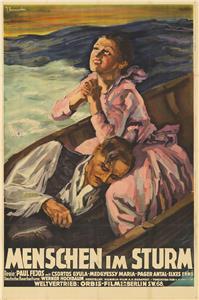

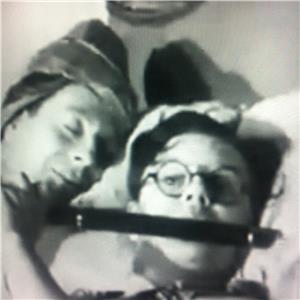

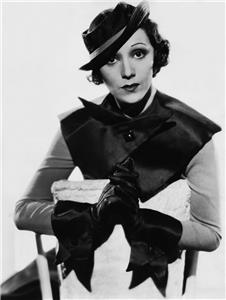

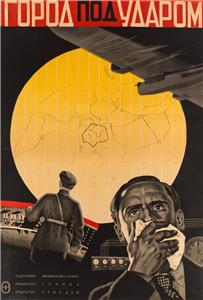
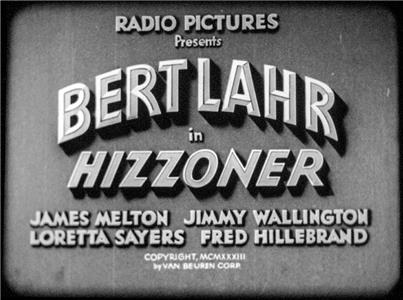

User reviews